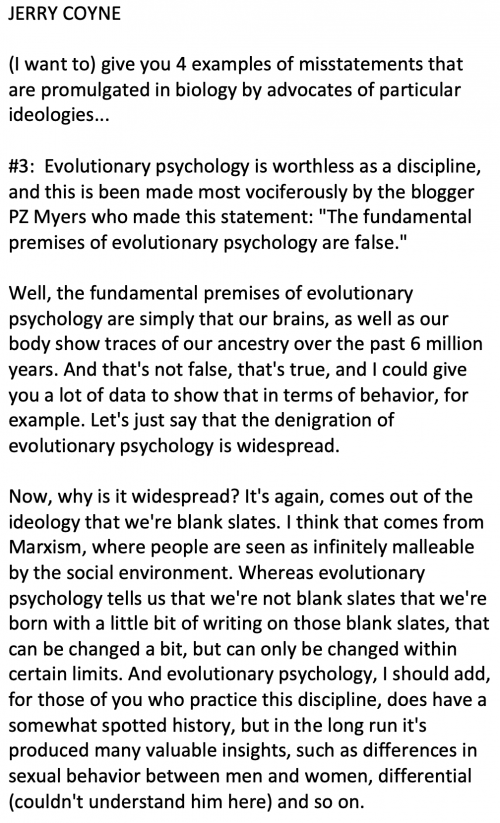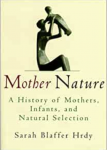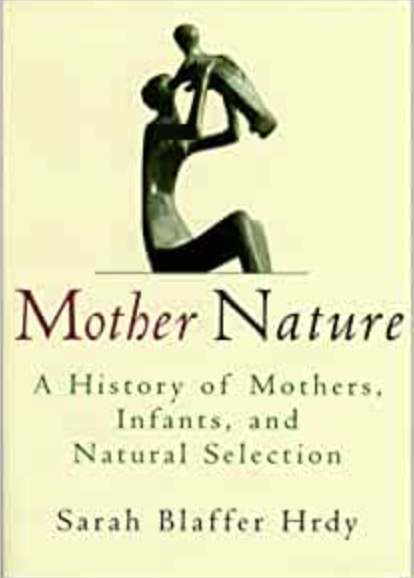I’m at a university thoroughly steeped in the idea of diversity, equity, and inclusion, and I tell you — it doesn’t do the harm the opponents claim, and it helps our students who aren’t white men. It is truly a win:win. I am not hurt by efforts to even the playing field and appreciate that we can create an environment that benefits everyone. There are, of course, some loud assholes who play the victim card — like Chris Rufo, Jerry Coyne, Bret Weinstein, Heather Heying, Steven Pinker, Jonathan Haidt, etc., all the pretentious bigots of the intellectual dark web
— but honestly? They can’t demonstrate harm. They whine. At heart, they’re just entitled twits and racists who want to roll back the clock to a day when they were able to belittle and discriminate.
So I welcome this new interpretation of the acronym “DEI”: Demographically Entitled Idiots. I too oppose Demographically Entitled Idiots, and wholeheartedly support the ideals of diversity, equity, and inclusion.
By the way, my university also embraces the indigenous culture that lived on this land before us. It doesn’t mean we abandon science, as some of the fear-mongers want to complain. It means we respect the people, their history, and their culture, and honor them in our ceremonies and our teaching. That is all and that is everything.












